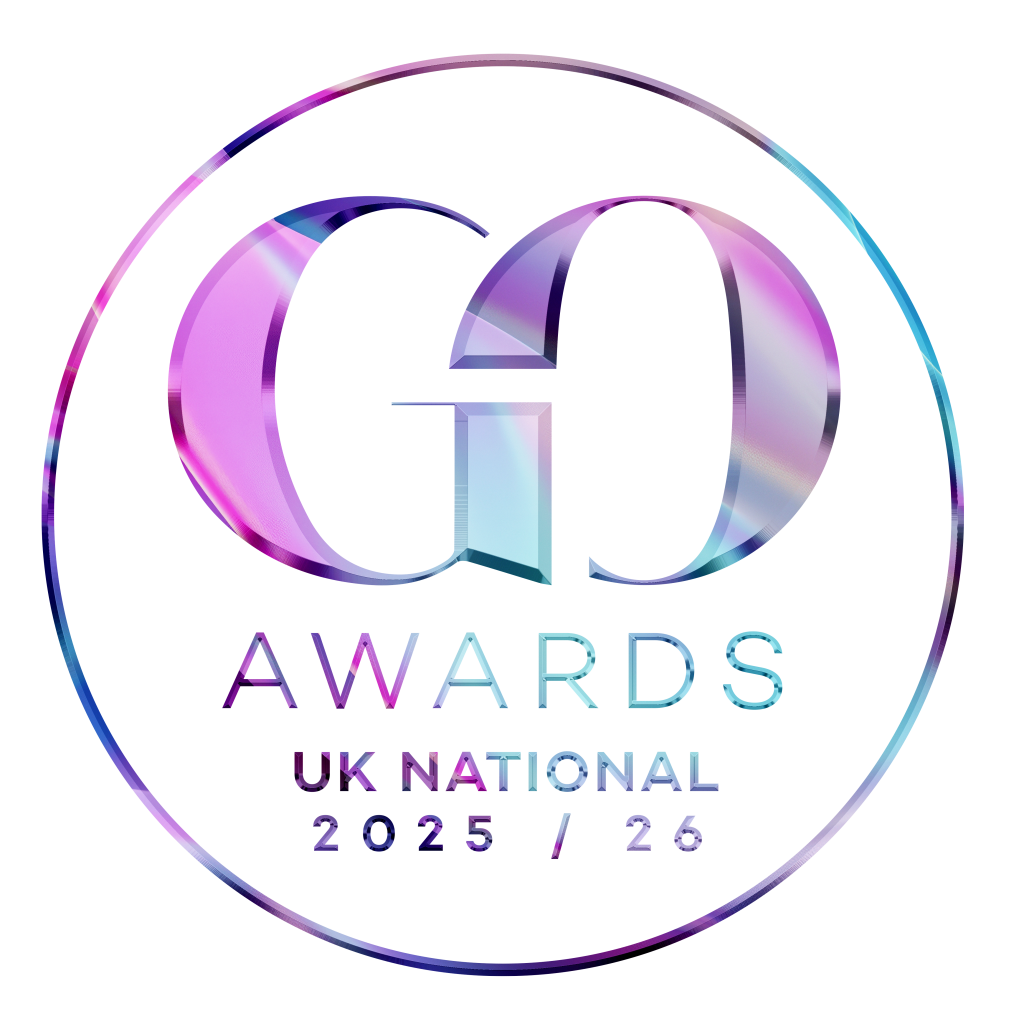Everyone knows working with suppliers in the public sector isn’t always smooth. But here’s the thing: when you find strategic suppliers who actually deliver, meet deadlines, and go the extra mile, everything just works better. Strong supplier relationships aren’t just about contracts—they’re about trust, clear communication, and making sure supplier performance stays on point.
And let’s not forget risk management—because no one wants last-minute surprises throwing everything off track. That’s where Procurex England comes in—bringing procurement professionals, suppliers, and policymakers together to swap ideas, share best practices, and build partnerships that last.
What Is The Importance Of Effective Supplier Relationship Management?
Think about your best business relationships—the ones that just click. Now, imagine having that same smooth, reliable connection with your suppliers. That’s what effective supplier relationship management is all about. It’s not just about placing orders and hoping for the best—it’s about building mutually beneficial relationships that create real business success.
A strong supplier relationship means fewer surprises, better cost savings, and a competitive advantage when it comes to quality and reliability. When procurement teams invest in supplier segmentation, they can focus on long-term partnerships instead of constantly scrambling for new vendors.
What Benefits Does Long-Term Supplier Partnerships Offer?
Moving from one supplier to another might seem like a way to keep options open, but long-term partnerships are where the real perks kick in. Why? Because when a supplier knows they’re not just a one-time deal, they invest in you too:
Here’s what locking in strong supplier relationships brings to the table:
Lower Costs, Fewer Headaches – Long-term suppliers offer better pricing, fewer last-minute charges, and reduced disruptions. That’s actual cost savings you can count on.
Exclusive Perks & Priority Service – When you’re a long-term partner, you get extra flexibility.
Better Risk Management: Strong supplier connections mean rarer supply chain surprises and faster problem-solving when issues pop up.
Innovation & Growth: Suppliers who are in it for the long haul bring new ideas, technology, and solutions to keep you ahead of the game.
At the end of the day, mutually beneficial relationships with suppliers aren’t just smart—they’re a game-changer for business success.
Strategies For Effective Supplier Relationship Management Process
Building great supplier relationships isn’t just about placing orders and hoping for the best. It is more about strategy development—actively working on supplier engagement, guaranteeing mutual benefits, and making sure your key suppliers are delivering their best. Here are three must-have strategies:
Transparent Communication & Trust Building
Have you ever had a relationship fail because of poor communication? Supplier relationships work the same way. If expectations aren’t clear, things can go south—fast. Key suppliers aren’t mind readers, so keeping communication open, direct, and transparent is the secret to long-term success.
- You must establish precise goals and expectations from day one.
- Provide frequent updates and feedback—let suppliers know what’s working and what’s not.
- Keep it two-way. Suppliers should feel comfortable bringing concerns or new ideas up front.
Monitoring Performance & Improving It
Even the best suppliers need performance management to keep things on track. It does not mean micromanaging—it’s about keeping an eye on quality, timelines, and consistency so you always get the best.
- Use KPIs (Key Performance Indicators) to calculate the success of suppliers. This includes on-time delivery, product quality, and responsiveness.
- Regular check-ins with essential suppliers help resolve any hurdles before they turn into bigger problems.
- Rewarding top-performing suppliers with long-term contracts or better incentives keeps the motivation high.
Encouraging Supplier Innovation & Flexibility
Great suppliers don’t just abide by instructions—they bring fresh ideas that push your business ahead. Encouraging supplier engagement in innovation can lead to better products and smarter solutions and make them competitive.
- Give suppliers room to experiment.
- Ask for their input! Suppliers often have industry insights that can help improve processes or reduce costs.
- Stay flexible—rigid contracts can limit mutual benefits and stop suppliers from adapting to your needs.
How To Overcome Buyer-Supplier Relationship Issues In The Public Sector?
Here is how to deal with the tricky parts like a pro:
Dealing With Regulatory & Compliance Requirements
Public sector procurement means rules. Transparency, fair competition, ethical sourcing—you name it, there’s a rule for it. But instead of seeing compliance as a headache, think of it as a strategy for smooth operations.
Stay ahead of the rulebook: Keep up with procurement laws and train your team regularly.
Digitise everything – E-procurement platforms make tracking and reporting way easier.
Clear expectations lead to fewer compliance risks – Make sure suppliers understand the contract terms, reporting requirements, and performance standards from day one.
Managing Risks & Resolving Disputes Effectively
Risks in public procurement? Guaranteed. But ignoring them? A disaster waiting to happen. Supplier delays, contract disputes, or quality issues can derail projects fast—so it’s all about risk management before things spiral out of control.
Identify risks early: Have a risk assessment plan in place before contracts are signed. Know the red flags before they become full-blown problems.
Dispute resolution = fast, fair, and documented – Have a clear process for handling issues before they turn into legal battles. Talk first and escalate later.
Diversify your supplier base – Relying on a single supplier? Risky. Having backup options ensures you’re not left stranded if something goes wrong.
Addressing Supplier Concerns & Fair Treatment
Suppliers are not only service providers—they actually make things work. They need to feel valued, respected and heard. Treating suppliers fairly isn’t just the right thing to do—it leads to better service, stronger partnerships, and smoother projects.
Timely payments = happy suppliers: Late payments strain relationships and cause significant delays. Set clear payment terms and stick to them.
Give smaller suppliers a fair shot – Big corporations shouldn’t be the only ones getting contracts. Support SMEs, local businesses and diverse suppliers.
Open the feedback loop: Suppliers should feel comfortable raising concerns without fear of losing business. A little trust goes a long way.
The Best Practices From Successful Procurement Models
Let’s be honest—public sector procurement can be tricky. Between regulations, budget constraints, and supplier challenges, keeping everything on track isn’t easy. But guess what? Some organisations have cracked the code. So, what’s their secret?
Examples From Leading Public Sector Organisations
Great procurement models don’t just happen—they’re built on innovative strategies, strong supplier relationships, and a deep understanding of public sector needs. Here are some real-world examples of how leading public organisations have mastered supplier management:
NHS Supply Chain (UK) – Centralised Procurement for Efficiency
NHS Supply Chain manages procurement for hospitals across the UK, streamlining the purchasing of medical equipment, pharmaceuticals, and supplies. Their key success factor? Centralised procurement.
Cost savings through bulk purchasing
Supplier segmentation to prioritise key vendors
Clear performance management to ensure quality service
UK Government Digital Marketplace – Simplifying Supplier Access
The Digital Marketplace was created to make it easier for SMEs to work with the government. Instead of long, complex contracts, it provides an open, competitive platform for suppliers to bid for public sector projects.
Encouraging supplier innovation through flexible contracts
Transparent and fair competition
Easier supplier engagement for small businesses
Summing It Up
At the heart of every successful public procurement strategy is a strong, well-managed supplier relationship. Whether it’s boosting efficiency, ensuring compliance, or driving innovation, the right approach to supplier engagement makes all the difference. By focusing on transparent communication, performance management, and strategic partnerships, public sector organisations can reduce risks, cut costs, and create long-term value. The best procurement models show that working with suppliers isn’t just about transactions—it’s about collaboration.

